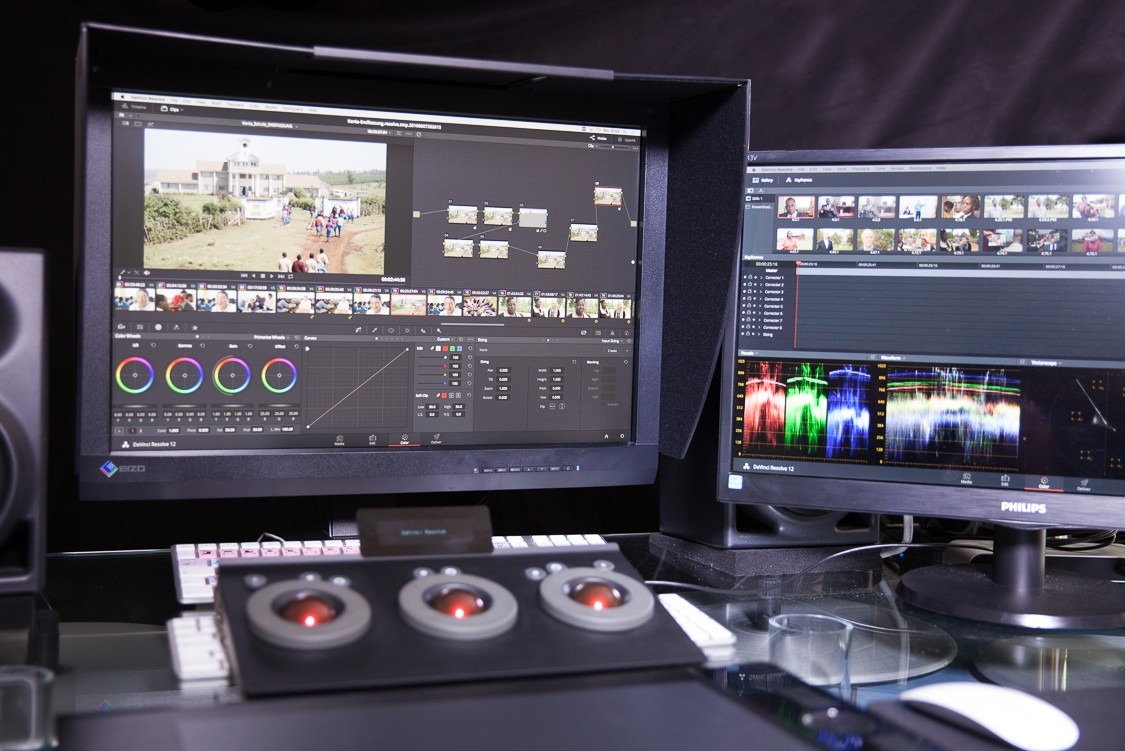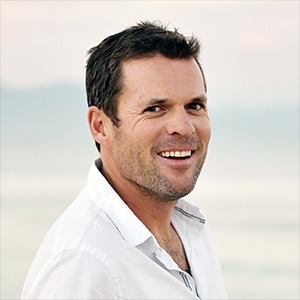This quote of the French filmmaker Jean-Luc Godard is, seen from a scientific background, everything else but the truth!
Since Immanuel Kant we know, that apperception is a function of our brain and to recognize the world, as it is “in-itself” is beyond our excellence. With the Austrian epistemologist Paul Feyerabend we could now shout out loud: Anything goes and there is no universal methodological rule! Karl Popper, another Austrian grumbler, would immediately jump in front of the camera, insisting: Yes, anything goes, just start with an arbitrary theory, but then my friend, you must do your homework and falsify with hard scientific proof, what looked in the beginning so nice and easy and felt like the final wisdom. Theodor W. Adorno climbs the stage, followed by his Frankfurt gang of brooders, and puts himself into the spotlight: Your whole perception of this film is blurred by the evil influence of the psycho-social-agencies in their totality, which are – you may not feel it by yourself – much stronger then your individual uniqueness. So if you are looking, maybe not for truth but for a better world – just change the institutions that formed you and with you your film. So what about the film? It will never be finished, if I have to wait for the institutions to change. Voices are raised, arguments hit the ceiling, ending in a positivism-dispute between Karl Popper and Theodor W. Adorno about what to do: fighting the total concept and ideology, that formed the film and the recipient, or as Popper would suggest: going picture by picture, frame by frame and looking for some truth by finding the lies in each image.
Making an image video for a Centre of Excellence always starts with a Paul Feyerabend feeling: Yes, anything goes! The imagination spreads its wings and creates a bright and colourful film idea, filled with humble truth and well-intentioned purpose.
In the preparation process Adorno starts creeping into the room and stands there with a bright smile on his face, as he observes my struggle with permissions, custom regulations, plane luggage limitations and all kind of organisational challenges, availabilities, not to talk about time and money limitations. It is not just the psycho-social-agencies, but as well the organisational agencies, beginning to form what – without having even started – will be possible. During filming I fight each moment with the spell of Immanuel Kant to find something – if not in general but at least for my own personal perception – that looks like it could be a unique moment – captured by the camera – of a little fragment of the “it is in-itself”.
Coming home with two hours of film footage for each Centre, the sorting and structuring process of the images seems interestingly to develop an underlying structure by itself. It is still chaos, but one could see the waves rolling on the ocean. The waves what you see, Adorno would reply, is the casting mould that was formed by the psycho-social-agencies and is now perceived as structure that individuals in a definite social-time-frame only could agree on. As I look up to my bookshelf Douglas R. Hofstadter is whispering: Yes, inside a system the system mostly makes sense, but don’t forget, there is a world outside your system. So editing, not only for a European but also for an African audience – that was probably formed by a different casting mould – needs a good amount of questioning my own assessment and perception.
The next step after the sorting process is to find the best statements of each interview partner. Here it is important to hear, what the members of the Centre qualify as a good and important statement, hoping that a deeper insight and a higher quantity of reviewers pushes objectivity and therefor the overall quality.
After that stage I have to choose part of statements that fit into the five minutes timeframe of the final video. The statements need a clear starting point and an on the spot end point and in most cases they have to offer the possibility to cut out breathing spaces and slips of tongue. In this stage it is interesting to see that I loose more and more the absolute control of the editing and the system and structure creates its own demands. When the first statement is in the edit the other statements base and relate to it. Is everything said about the structure of the Centre, for the rest of the participants this topic is out of question and I have to look for statements about visions and growth of the Centre. So, if in any case, what felt for you was your best moment in front of the camera, or even your whole interview in itself, is not in the final film, don’t blame me, it’s the system. It’s the fault of Adorno, Marcuse and even Walter Benjamin, who put the structures over the good intentions of the individual.
Yes Mr. Adorno, we learned our rules and act accordingly, putting good beans in one pot and the so called bad ones in the other, while Pavlov’s dog is standing on his box, drooling saliva on the polished floor of our scientific lab. What can we do, it’s not punk and our audience doesn’t expect some Dada poems, so we flow with the rivers flow, longing for an ocean of applause.
By the time the selected interview parts are put together, the gear-wheels of arguments mesh with a pleasant sound, but the car that drives us all the way to glory shines only in its greyish mechanical beauty. To make it worse – in contrast to what a scientist would call, the desire to show the objective truth – we add some music. Now the film drifts even more in the misty world of subjectivity. Sigmund Freud would have his pleasure, it’s time to feature the unconscious mind, the secret world of hidden dreams.
It seems, that we are far away of showing the truth, not in one picture and not at all in 24 pictures per second. But: “Ceci n’est pas une pipe”, the painter René Magritte would reply. This is not the thing itself. A picture of something should not be confused with the object it is showing. And art, if it hits the spot, is capable of beeing more then the sum of the little light spots illuminating a computer monitor.
So in the end I hope that, beyond all subjectivity, there is some truth in every picture and the final film – even if it’s only inside the psycho-social-agencies that cover the world of our expected audience.

zazudesign postproduction – Video editing with FinalCut Pro X for the Ghanaian-German Centre for Development Studies

zazudesign postproduction – Color matching with DaVinci Resolve Professional for the East and South African-German Centre for Educational Research
Author: Thomas Hezel
You must be logged in to rate posts.
1 Comments
Leave a Reply
You must be logged in to post a comment.




Thank you, Thomas, for sharing your philosophical view to filmproduction with us! And thanks a lot for your excellent work in preparing and producing our Image films!